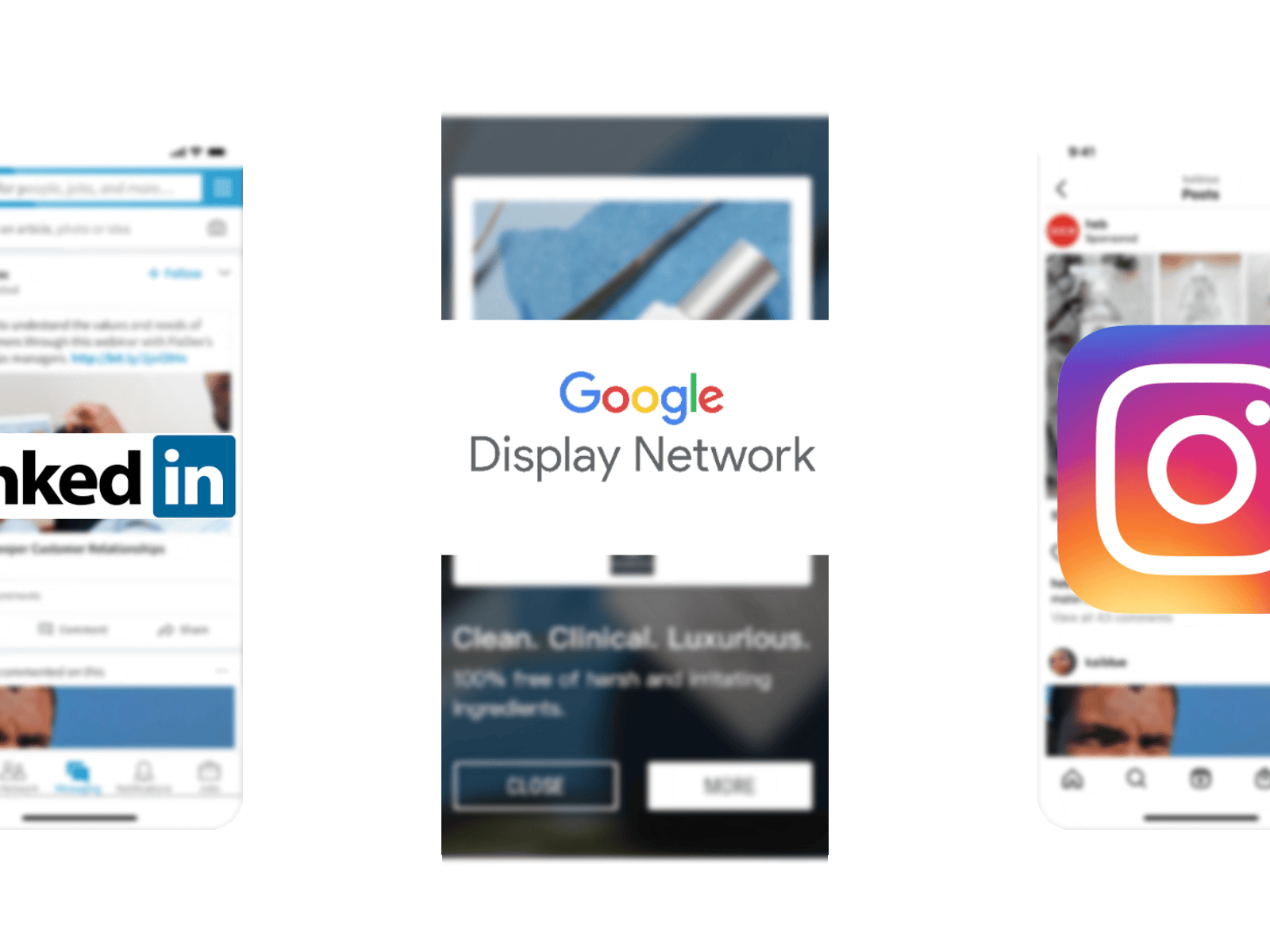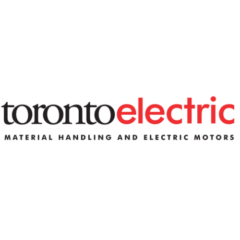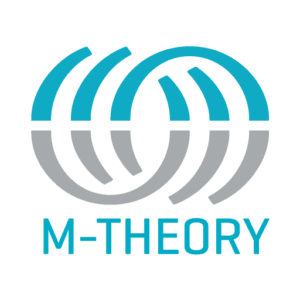Why Choose H&Co. as Your Toronto PPC Agency?
At H&Co., we go beyond managing ads—we design PPC systems that connect with your full business. Whether you’re selling online, in-store, or both, we build campaigns with clear targeting, trackable results, and the flexibility to scale as your business grows.
We integrate everything behind the scenes—your landing pages, analytics, customer touchpoints, and audience signals—so your ads reach the right people and convert more often. With creative that resonates and data that tells the full story, you’ll know exactly what’s working and where to double down.













